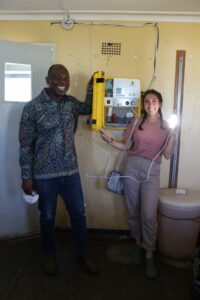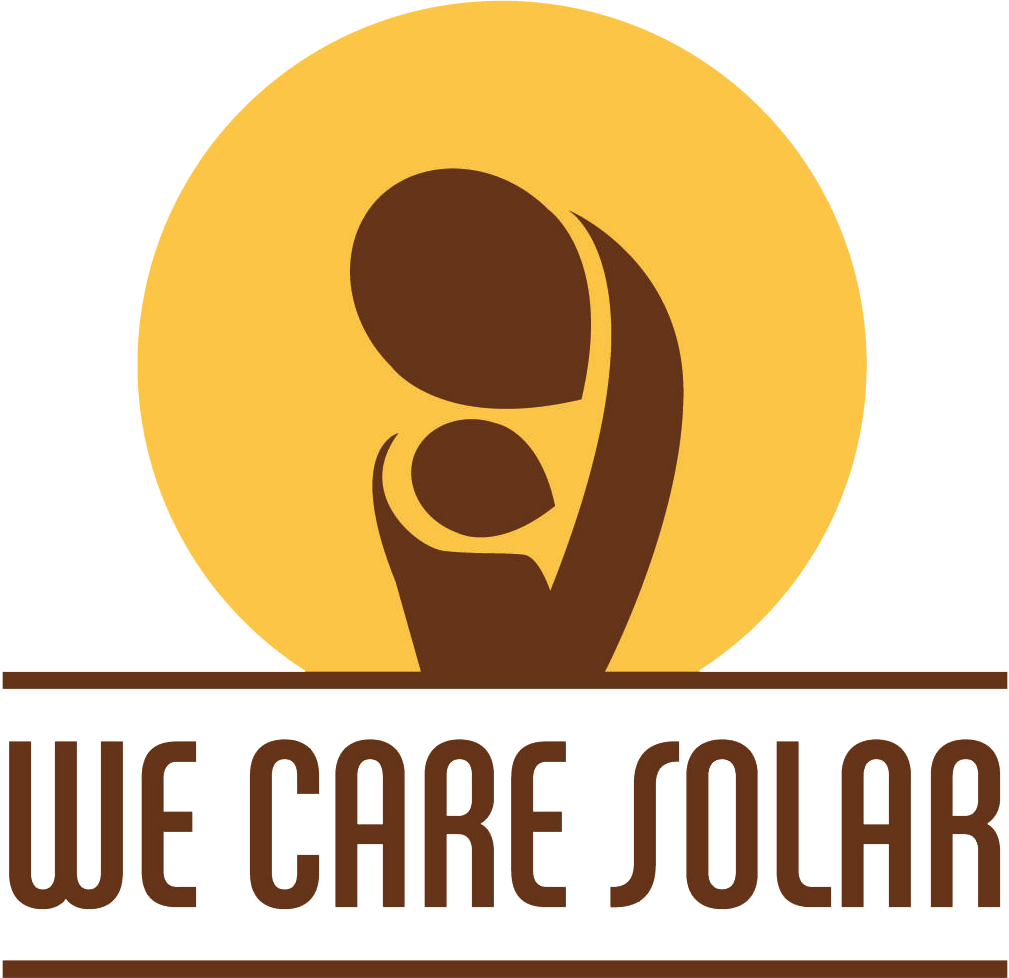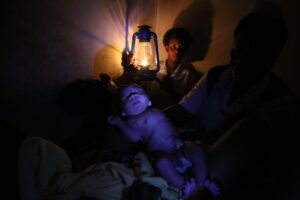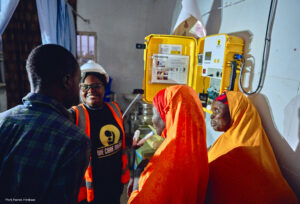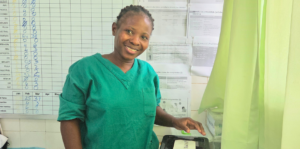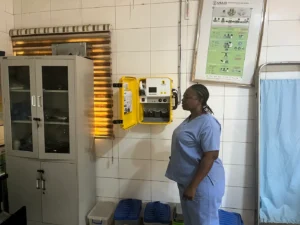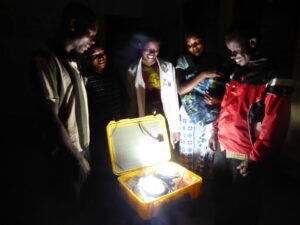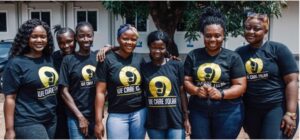By Lindsay Maida, of The James and Sharon Maida Foundation
Often when we consider global health and health care delivery, the patient is commonly thought of as being the sole recipient. Improved patient outcomes, reduced mortality rates, early detection and health promotion—we’ve heard these terminologies time and time again. While these effects are of great significance and often the overarching goals of health planning, it is imperative that healthcare workers are supported in their delivery of quality care—a piece often neglected.
We Care Solar has successfully filled that void.
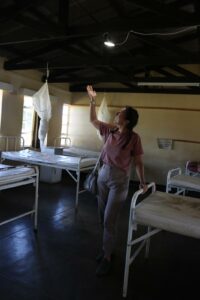 In June of 2022, I experienced how We Care Solar improves not only patient care, but the wellbeing of healthcare workers practicing medicine in some of the most remote, low-resource regions in our world. On behalf of The James and Sharon Maida Foundation, I spent two days in Zimbabwe completing field visits at three clinics alongside Shamiso Moyo, the We Care Solar Zimbabwe Program Manager, and Wadson Muchemwa, a Zimbabwean solar entrepreneur, solar installer, and We Care Solar board member.
In June of 2022, I experienced how We Care Solar improves not only patient care, but the wellbeing of healthcare workers practicing medicine in some of the most remote, low-resource regions in our world. On behalf of The James and Sharon Maida Foundation, I spent two days in Zimbabwe completing field visits at three clinics alongside Shamiso Moyo, the We Care Solar Zimbabwe Program Manager, and Wadson Muchemwa, a Zimbabwean solar entrepreneur, solar installer, and We Care Solar board member.
The James and Sharon Maida Foundation has been a benefactor of We Care Solar since 2019 and has supported Solar Suitcases across Zimbabwe and Sierra Leone. As a representative of the foundation, combined with my experience as a labor and delivery nurse and my Master of Science in Global Health Policy, this visit was the ultimate opportunity to witness the Solar Suitcases at work and engage with the local communities they benefit.
All three field visits were located in rural regions outside of Harare, allowing for bumpy but scenic drives past mountain ranges and open fields. Our long drives were kept interesting through conversations on healthcare and the political economy of Zimbabwe. Such discussions helped me gain context and form a deeper understanding for the communities each Solar Suitcase serves.
At each clinic, Shamiso, Wadson, and I had the opportunity to sit with the Sister-In-Charge and receive direct feedback on the Solar Suitcase. One of the greatest takeaways from my experience was the significance of good communication. Each clinic was extremely receptive to our visit, largely due to Shamiso and Wadson’s ability to build such a strong rapport with each healthcare worker. The importance and effectiveness of local knowledge is often emphasized in global health delivery, but it was only through my experience that I was truly able to appreciate what a crucial component it is.
Each healthcare worker expressed a similar sentiment regarding the efficacy of the Solar Suitcases. The feedback was overwhelmingly positive.
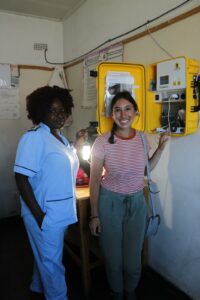
Many shared how patients in the community are eager and excited to be cared for in a facility that is well-lit. In particular, the healthcare workers described how light has made it easier to carry out daily tasks.
Since each Solar Suitcase has four light sources, the placement of each light can be unique to the particular setting. For example, in one of the supported clinics, a light was placed in the medication room—an area without light even during the day. In another clinic, a light was placed in the outdoor hallway that acts as the “overflow” area during a high census. Located on the edge of an open field, the light placed in this outdoor area provides an additional benefit: warding off snakes. Finally, one of the clinics had a light installed above a desk to improve the efficiency and accuracy of documentation, allowing increased time for direct patient care. Wadson asked one of the nurses how they would react if they found themselves without the Solar Suitcase. The nurse responded, “I don’t know what we would do. Everything would be so much harder. We’re so used to it now—it would be so hard to go back”.
It occurred to me that a reliable light source is just as valuable to the healthcare worker as it is to the patient. Each Solar Suitcase reduces the compounding factors a nurse faces on a daily basis, all while improving health outcomes for women and newborns.
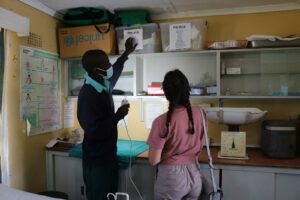
This experience with We Care Solar taught me that the intangible is just as important as the tangible. Measurable outcomes, data collection, and mortality rates—the tangibles—are all of high significance in global health. I must argue though that improving morale among healthcare workers is just as essential, and each Solar Suitcase has proven to accomplish that. When even the slightest barrier in health care delivery is lifted, workers are able to act efficiently, delivery high-quality care, and gain a sense of pride for their profession. While morale may not be measured the same way as mortality rates, both are highly regarded.
My visit proved to be an invaluable experience and one I will always hold close to my heart. From the enthusiastic nurse discussing the Solar Suitcase, to the mother smiling down at her newborn under a ray of light—some things just can’t be unseen. Each Solar Suitcase placed around the world is making a monumental difference in those it serves, those who utilize it, and those who support it—take it from me.
Lindsay Maida is an experienced labor and delivery nurse who recently graduated with a Master of Science in Global Health Policy from the London School of Economics. She and her family have been supporting We Care Solar programs for three years.
